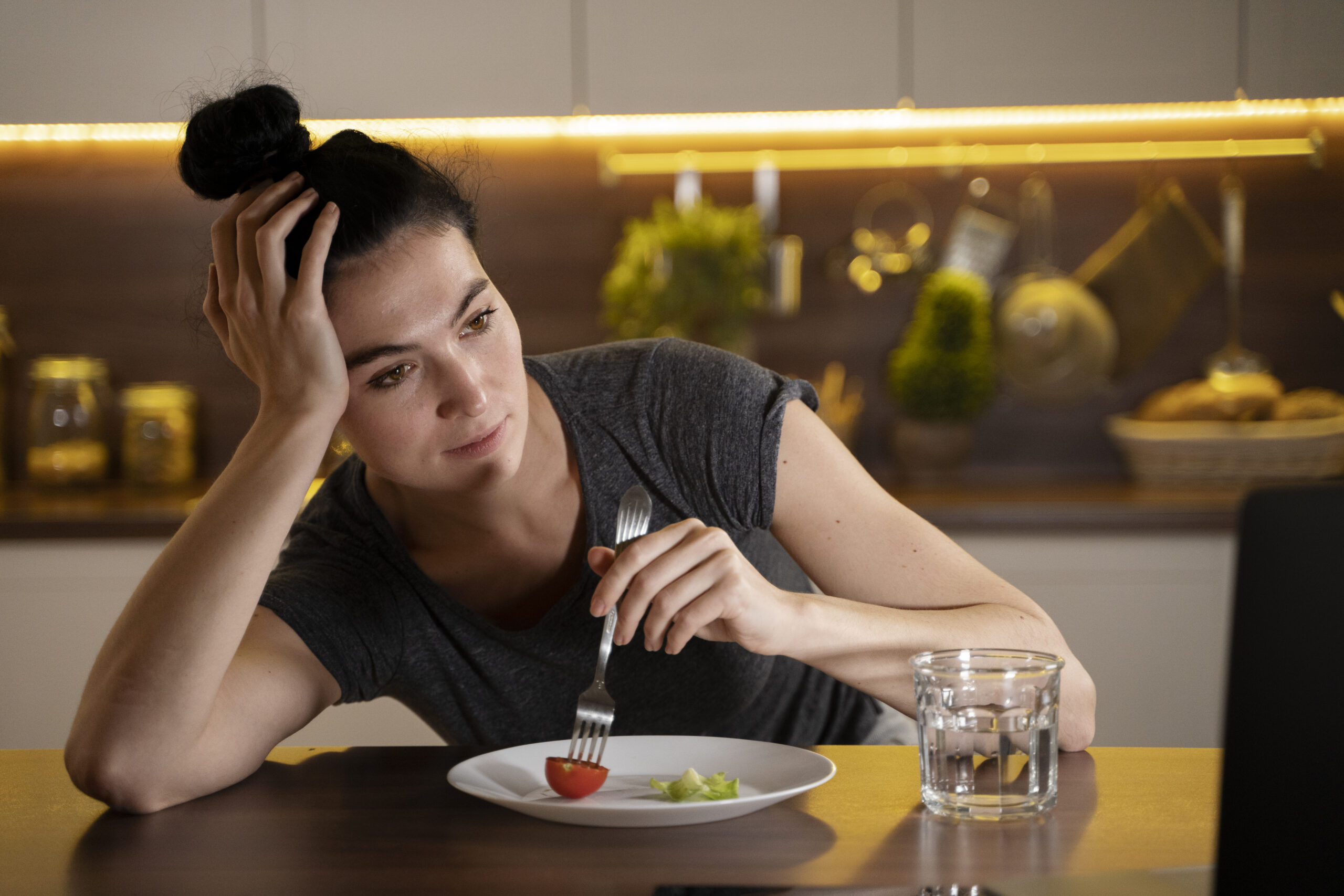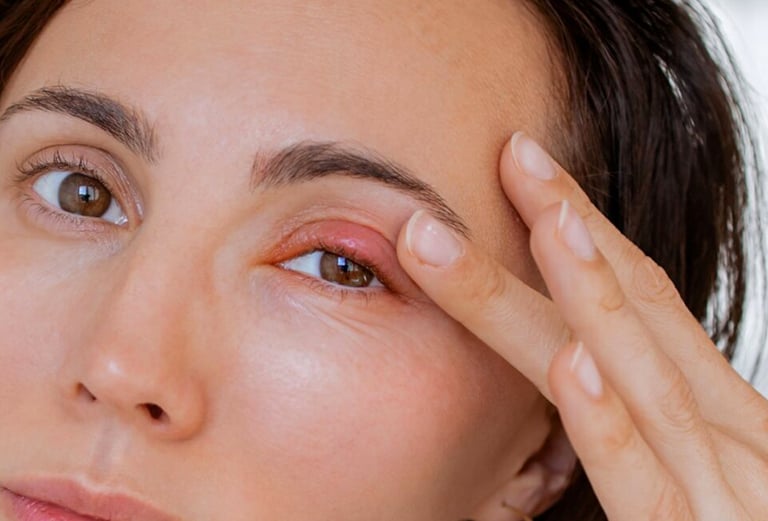If you’re recovering from a tough bout of nausea, diarrhea, or fatigue, you’re not alone. Probiotics can help in food poisoning treatment in CA, supporting your gut and immune system. Many patients overlook gut health when seeking relief from foodborne illnesses, but restoring balance in your digestive tract is key to healing.
Whether you visit an urgent care clinic for symptoms like bloody diarrhea, cramps, or signs of dehydration, probiotics can be part of a holistic healing plan. Let’s explore how these helpful microbes support recovery and why they may be the gentle ally you didn’t know you needed.
What Your Gut Reveals About Your Health
Our gut is home to trillions of bacteria. These microbes play a major role in digestion, immune support, and even mood regulation. When we eat contaminated food our gut bacteria can get out of balance. That imbalance leads to symptoms like vomiting, stomach cramps, and fatigue.
Food poisoning treatment often includes rest, fluids and electrolytes, and a bland diet. But probiotics help by replenishing the “good” bacteria lost during illness. They make digestion smoother, soothe the stomach, and restore balance. For many, this gentle support speeds up healing and reduces the risk of prolonged symptoms.
What Are Probiotics—and How Do They Help?
Probiotics are live bacteria that support a healthy gut. They’re found in yogurt, fermented foods, and supplements. When your digestive system is overburdened by foodborne illnesses, probiotics act as friendly reinforcements.
They help break down food or drinks, support immunity, and lower inflammation.
After food poisoning, especially if you’ve taken antibiotics or had an urgent care center, your gut bacteria need time to recover. Taking probiotics during this time may:
- Reduce the length of diarrhea
- Help prevent further infection
- Improve nutrient absorption
- Rebuild your immune system
They work best when paired with small amounts of food and lots of hydration. Sports drinks, fruit juices, and fluids and electrolytes also help restore your body’s natural balance.
When to Seek Urgent Care Food Poisoning in CA
While many people recover at home, some symptoms signal it’s time to seek urgent care for food poisoning in CA. Watch for:
- Bloody diarrhea
- Severe dehydration (dry mouth, dizziness, low urine)
- High fever
- Diarrhea lasting more than three days
- Vomiting that prevents fluid intake
In these cases, your doctor may recommend blood tests or IV fluids. To better understand when urgent care is appropriate and what services are offered, check out this helpful article on what treatments an urgent care clinic provides and when to go.
Stay Hydrated: A Core Part of Food Poisoning Recovery
When recovering from food poisoning, water is your best friend. But hydration isn’t just about water, it’s about restoring fluids and electrolytes lost through vomiting or diarrhea.
Probiotic-rich drinks like kefir or fermented coconut water can help. These not only restore hydration but also gently repopulate your gut. Sports drinks and diluted fruit juices can help, too, just avoid anything with added sugar or caffeine.
Remember to sip small amounts frequently instead of gulping large quantities. And if you’re unsure what’s best, a visit to your local urgent care center can offer personalized advice based on your symptoms.
What to Eat: The Best Foods for Food Poisoning Recovery
After you have visited urgent care for treatment of food poisoning or you received a diagnosis, your digestive system needs time to recover. Begin with bland foods that are easy to digest. Also known as the BRAT diet (bananas, rice, applesauce, toast), this diet limits irritation and gives the body a chance to slowly absorb food nutrients again.
Here is a food chart to help you find stomach-friendly foods:
| Meal Time | Recommended Foods |
| Breakfast | Plain toast (white bread), banana, unsweetened applesauce, plain rice cereal (e.g., cream of rice) |
| Midday Snack | Plain crackers, electrolyte drink, diluted coconut water |
| Lunch | Steamed white rice, soft-boiled potatoes, plain chicken broth or miso soup |
| Afternoon Snack | Probiotic yogurt (non-dairy if lactose intolerant), kombucha (in small amounts) |
| Dinner | Boiled carrots or peeled zucchini, lean chicken or turkey breast, rice porridge (congee) |
| Before Bed | Warm chamomile tea, unsweetened rice pudding (made with dairy-free milk) |
Foods to Avoid During Food Poisoning
While recovering, steer clear of foods that may irritate your stomach or prolong symptoms. These include:
| Category | Foods to Avoid |
| Dairy Products | Milk, cheese, ice cream—even if normally tolerated, dairy may worsen diarrhea |
| Spicy Foods | Hot sauces, chili, pepper-heavy dishes |
| Fatty or Fried Foods | Fries, fried chicken, processed meats |
| Sugary Foods | Candy, cakes, sweetened cereals |
| Artificial Sweeteners | Found in sugar-free gum, candies, and diet drinks |
| High-Fiber Foods | Whole grains, nuts, seeds, raw vegetables |
| Gas-Producing Foods | Broccoli, cabbage, cauliflower, beans, legumes |
| Red and Fatty Meats | Pork, lamb, veal, sardines |
Hygiene Tips to Prevent Food Poisoning
It is important to follow basic hygiene to speed up recovery from food poisoning. Especially wash your hands before eating to prevent food poisoning again. It sounds simple, but hand hygiene is powerful protection for your weakened immune system during recovery.
Prevent future infections from contaminated food by following these safety measures:
- Always wash your hands before meals and after using the restroom
- Rinse fruits and vegetables thoroughly
- Keep raw and cooked foods separate
- Avoid undercooked meat and eggs
- Store perishables at correct temperatures
Most importantly, wash your hands before eating to prevent food poisoning again. It sounds simple, but hand hygiene is powerful protection for your weakened immune system during recovery.
recovery.
Emotional Health Matters in Recovery
Healing is more than just physical. Food poisoning can shake your sense of safety, especially if you don’t know what caused it. Take time to rest emotionally, too.
Ask yourself:
- Am I allowing myself time to recover fully?
- What helps me feel supported and calm during discomfort?
Breathe. Rest. Use this time to nourish not just your body, but your emotional self. Journaling, gentle movement, or even talking with someone you trust can help process the stress that illness brings.
Empowerment Through Self-Care and Awareness
Recovery from food poisoning is a chance to practice self-advocacy. Trust your body’s signals. Seek help when needed. Incorporate probiotics as part of a wider, more mindful approach to healing.
By recognizing the role of gut health in your body’s resilience, you gain tools to prevent future illness and promote long-term wellness. And if you’re in California, know that food poisoning treatment in CA is widely available through supportive, inclusive urgent care centers that honor your unique needs.
Final Thoughts: Probiotics as Partners in Healing
Probiotics don’t just support the body. They affirm the body’s ability to heal, rebalance, and recover. That’s powerful. They offer one small, natural step you can take toward feeling whole again.
Even if you’re dealing with a weakened immune system, probiotics can be your ally. Add them gently, stay mindful of your hydration and nutrition, and let healing unfold at your pace. Your health is not just about surviving illness; it’s about learning to thrive beyond it.










